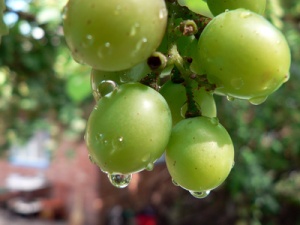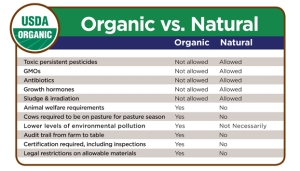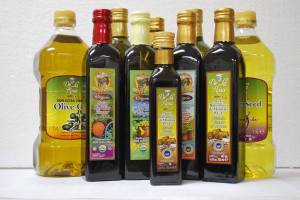 Tahini is a unique dish that is foreign to many in Western countries, but it has been consumed in India and the Middle East for centuries. It is a simple paste, made from whole sesame seed, that has a great many health benefits for the body. There are many reasons why you should be eating Tahini, and these are just a few.
Tahini is a unique dish that is foreign to many in Western countries, but it has been consumed in India and the Middle East for centuries. It is a simple paste, made from whole sesame seed, that has a great many health benefits for the body. There are many reasons why you should be eating Tahini, and these are just a few.
The first major reason is the fact that it is full of minerals that the body needs including lecithin, potassium, iron, phosphorus and magnesium. It is also a huge source of methionine, which helps your liver detox your body, which in turn keeps you healthy and happy.
Our bones need calcium and a lack of calcium can cause severe problems in our old age. As such, Tahini is a great dish for getting calcium back into the body as it is a big source of it. It is also a big source of vitamin E, B1, B2, B3, B5 and B15.
Studies done on Tahini have also found that it can promote healthy cell growth in the body, which is important for keeping us healthy and looking young. On a similar note, it can prevent anemia from developing while also maintaining healthy skin and muscle tone in the body.
One major benefit from Tahini is the fact that it is made up of 20 per cent protein. This actually gives it a higher amount of protein per serving than you get from nuts, and you can use Tahini in so many dishes that nuts are not a part of. While it is high in protein, it is very easy for the body to digest because it has a very high alkaline mineral content. This in turn can help you lose weight because of how easy it is for the human body to digest.
Tahini is also very high in unsaturated fat, which is the good fat that helps to clear your arteries and keep you healthy.
So, try a dish of Tahini today and start feeling healthy immediately!
Written by: Yehudith Girshberg





